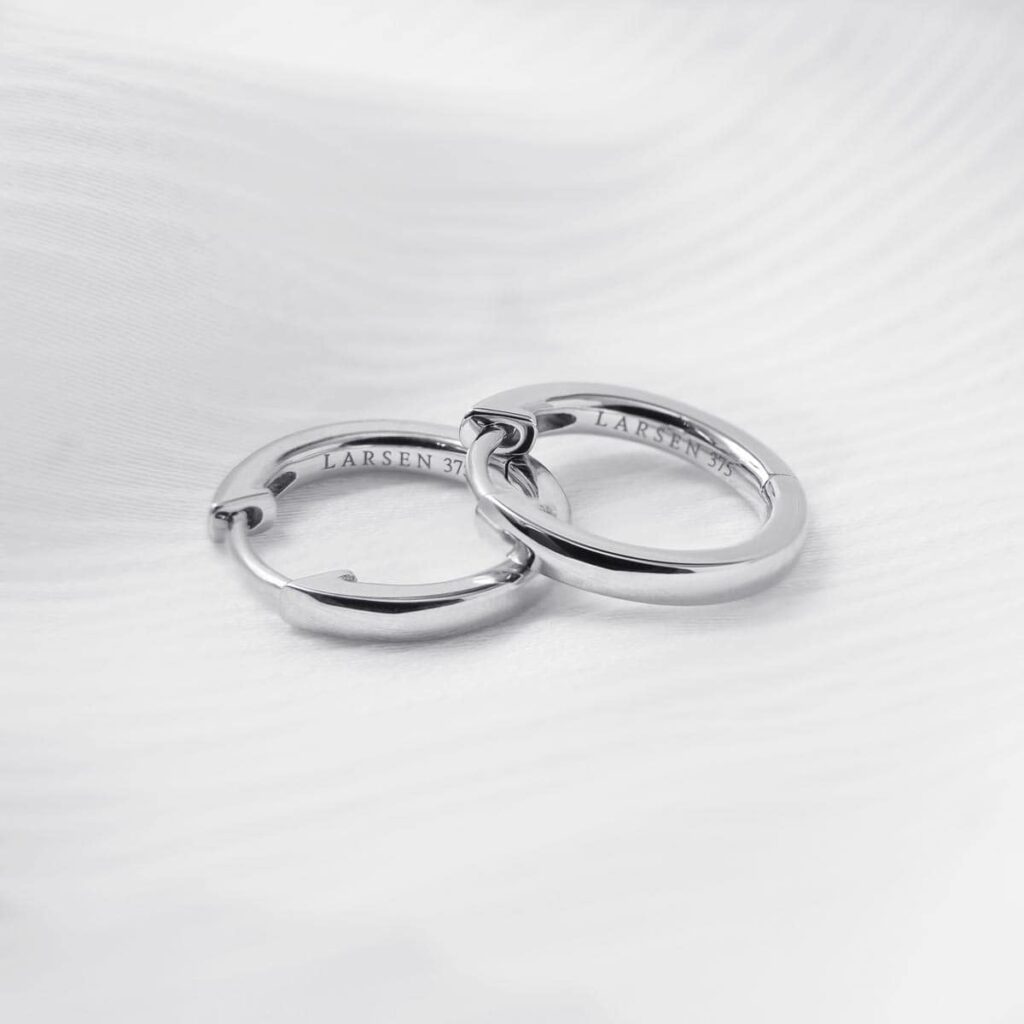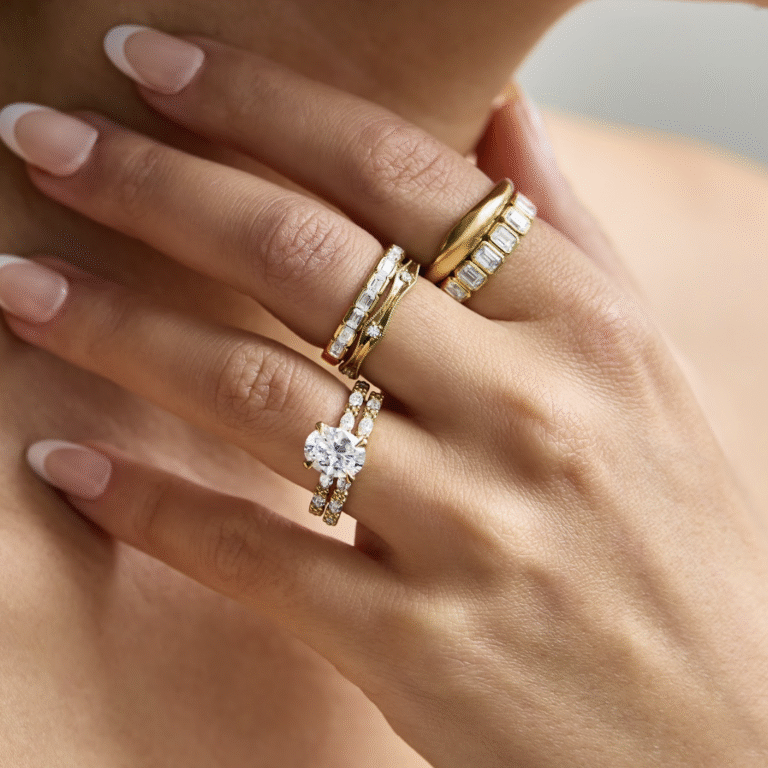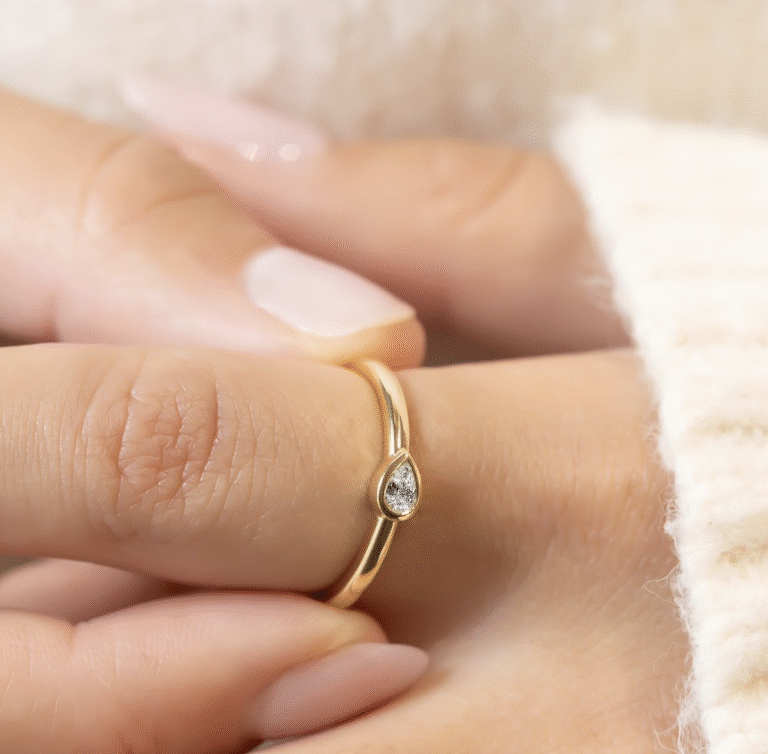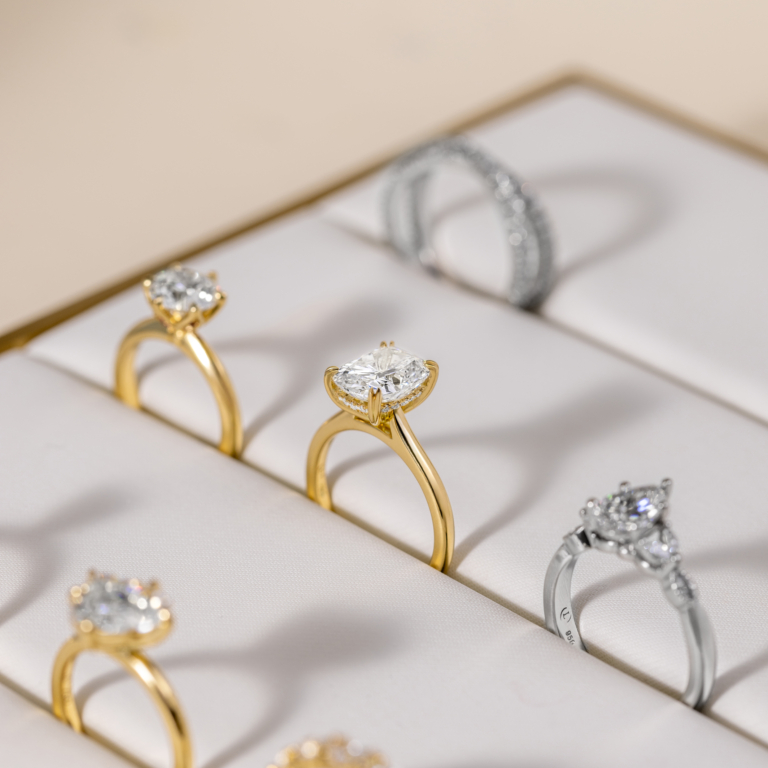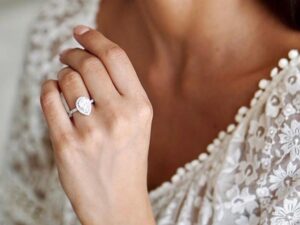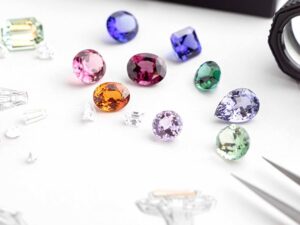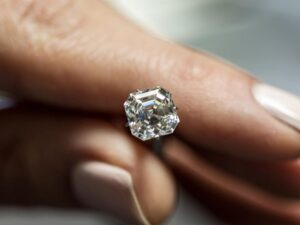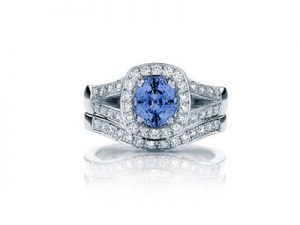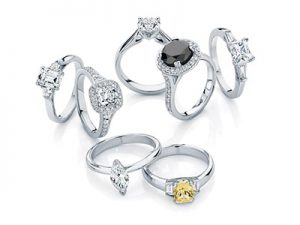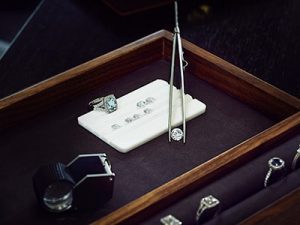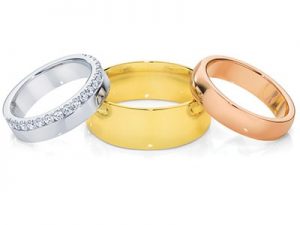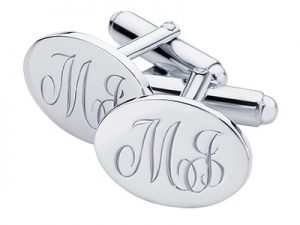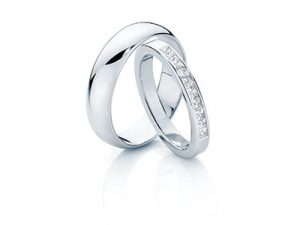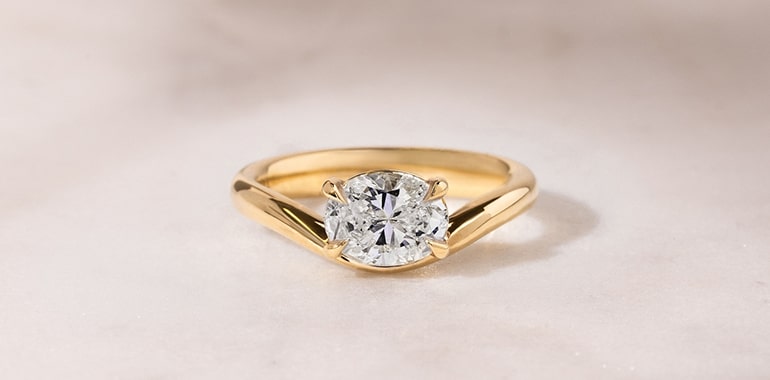A Guide To Hypoallergenic Earrings
by Kate Reid
May 1, 2023 / Jewellery Buying Guide
We understand how frustrating it can be to find a pair of earrings you love only for your ears to get inflamed, itchy or red the first time you wear them; it’s like getting a pair of shoes a half-size too small! So what can you do to do your best to make sure you aren’t getting a piece of jewellery that gives you a reaction?
When you have a metal sensitivity or allergy, there’s a whole different layer added to your earring and jewellery shopping process because you need to find the earrings or necklaces or bracelets you love and fit the occasion that also don’t trigger a reaction. (We’re happy to say all the earrings at Larsen Jewellery should be allergy-friendly).
While, of course, we aren’t licensed medical professionals, we wanted to put together this article to hopefully make shopping for yourself or a loved one who prefers or needs hypoallergenic earrings and jewellery a bit easier.
What Is A Metal Sensitivity Or Allergy?
The most common reaction when you have a metal allergy or sensitivity is a rash, with redness or itching, medically known as “contact dermatitis.” This is true if you’re allergic to nickel or copper.
Nickel allergies and sensitivities are generally more common, though there are folks who are allergic to copper and some other less common sensitivities. All folks with sensitivities should be aware of the metal compositions of their jewellery when shopping.
If you’re allergic to nickel, typically you’ll want to avoid stainless steel. This can be confusing, because surgical steel — which is a type of stainless steel — is often called the most hypoallergenic metal on the market. But not all stainless steel is surgical steel, so be careful when doing your research. Some white golds are also made with nickel; if you buy earrings, necklaces or other jewellery in white gold you’ll want to review the alloy and metal composition. Many websites include it on the product page and if they don’t the customer support team should be able to help — most people with a nickel or copper allergy can’t tolerate even a small amount in the metal.
If you’re allergic to copper, typically you’ll want to avoid rose gold — this is because rose gold is a gold alloy with copper, to give it that pink hue.
What Is Considered Hypoallergenic In Earrings?
While there doesn’t seem to be a standardised definition, hypoallergenic earrings are usually only labelled as such if the risk of an allergic reaction is slim to none. This is typically because the metal used is pure, like:
- Platinum
- 18k+ white gold (with no nickel content)
- 18k+ yellow gold
- Titanium
- Surgical steel (with no nickel content)
For many, the default best option out of this list is white or yellow gold, or occasionally surgical steel, because generally pieces of jewellery made out of these materials are more accessible, and less expensive. As both white gold and stainless/surgical steel can be made with nickel, it’s important to find out the metal composition.
Platinum jewellery is typically pure, shouldn’t tarnish, and shouldn’t cause any reactions — but it’s rarer than gold, typically more expensive, and not often used in ready-to-wear earrings and jewellery.
There’s also a metal called tantalum, which, like platinum, is resistant to tarnishing and a pure metal. Also like platinum, tantalum isn’t yet in common use in earrings or other jewellery in Australia.
Can You Be Allergic to Stainless Steel?
Yes, you can be allergic to stainless steel because it can be made with nickel.
Is Gold (Or Other Metal) Plating Enough?
Generally, no, plating isn’t enough to stop a reaction against a non-hypoallergenic metal, particularly if it’s body jewellery like earrings, rather than superficial like a necklace.
Why Is My Jewellery Turning Green?
If your jewellery turns green after you wear it, it’s because the jewellery has gone through an oxidation process, which isn’t typically due to an allergic reaction. More often, your green skin is because the jewellery has had a reaction with your sweat, water, or another liquid like a cleaning detergent. This happens more frequently with costume or inexpensive jewellery than because you have an allergy.
So What Hypoallergenic Earrings Should I Buy?
Generally, if you or the person you’re buying for is allergic to nickel, white gold or surgical steel will be the most accessible metal for jewellery. And for copper, it’s best to avoid rose gold, but otherwise other metals and types of gold should be wearable.
More and more jewellers are using hypoallergenic metals as their starting point for creating jewellery, so it should be easier than ever to find just the piece of jewellery to fit the person or the occasion, or both!
